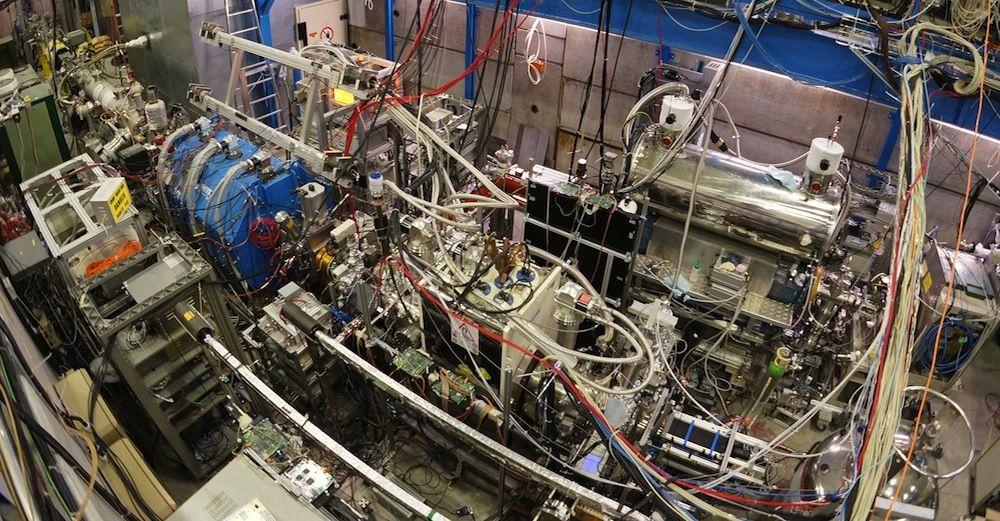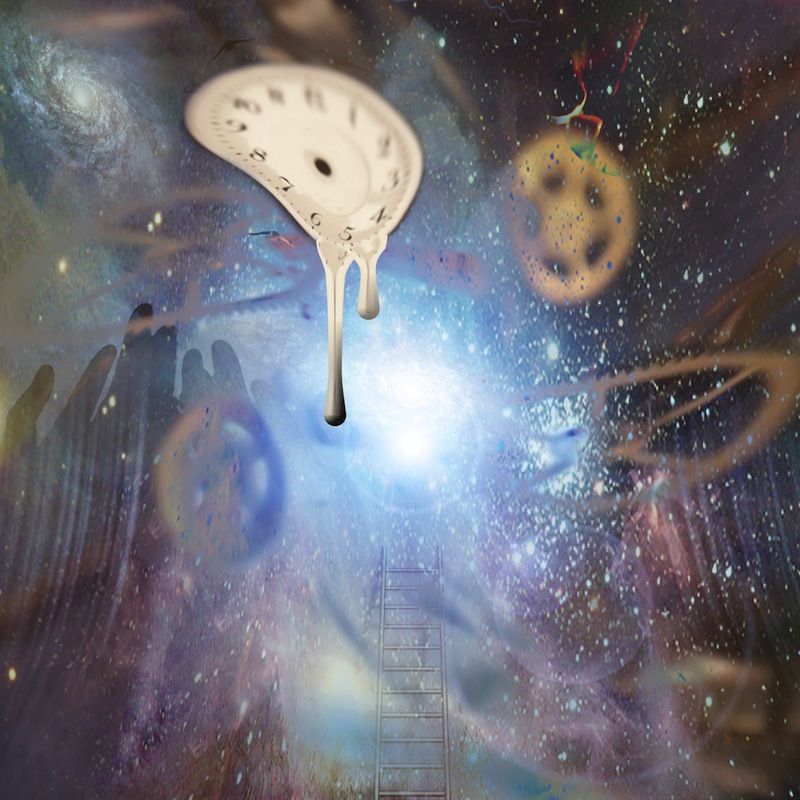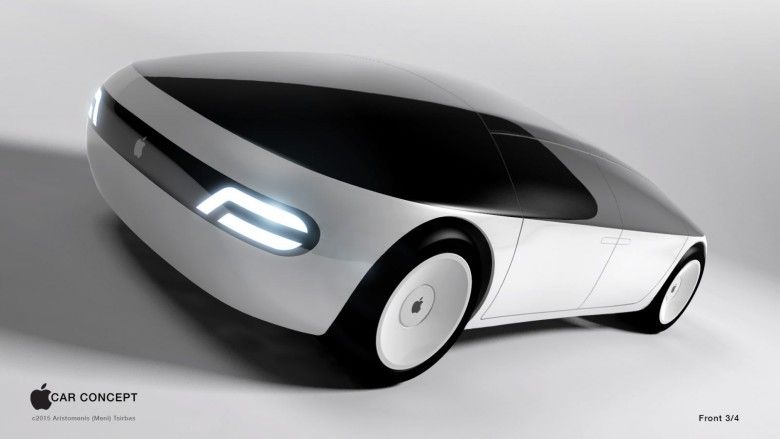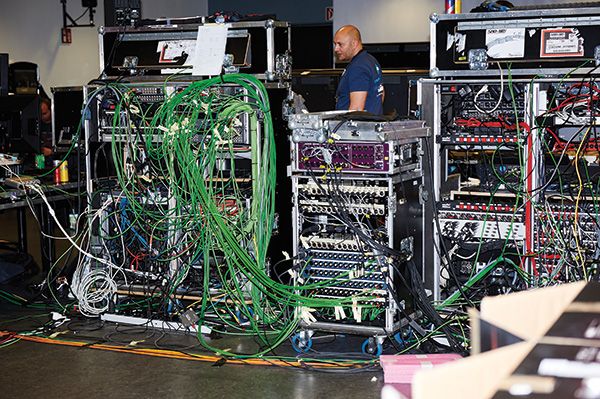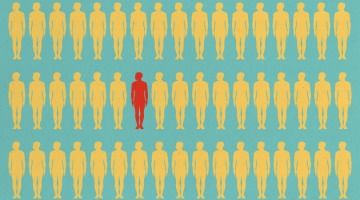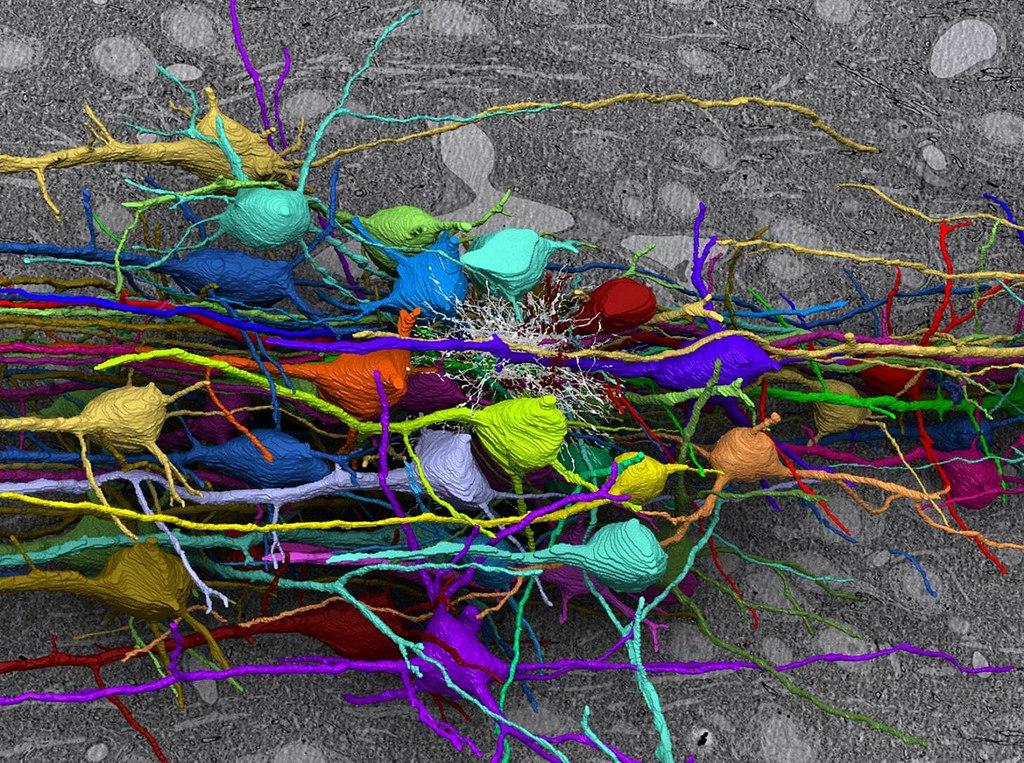Matter and antimatter appear to be perfect mirror images of each other as far as anyone can see, scientists have discovered with unprecedented precision, foiling hope of solving the mystery as to why there is far more matter than antimatter in the universe.
Everyday matter is made up of protons, neutrons or electrons. These particles have counterparts known as antiparticles — antiprotons, antineutrons and positrons, respectively — that have the same mass but the opposite electric charge. (Although neutrons and antineutrons are both neutrally charged, they are each made of particles known as quarks that possess fractional electrical charges, and the charges of these quarks are equal and opposite to one another in neutrons and antineutrons.)
The known universe is composed of everyday matter. The profound mystery is, why the universe is not made up of equal parts antimatter, since the Big Bang that is thought to have created the universe 13.7 billion years ago produced equal amounts of both. And if matter and antimatter appear to be mirror images of each other in every respect save their electrical charge, there might not be much any of either type of matter left — matter and antimatter annihilate when they encounter each other. [The 9 Biggest Unsolved Mysteries in Physics].
